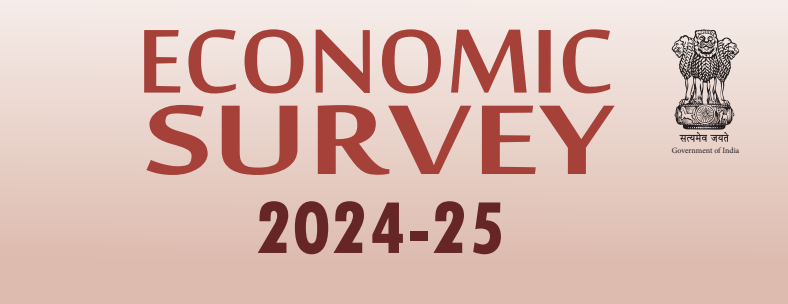CONTEXT: The Union Cabinet approved the continuation of 1,023 Fast Track Special Court (FTSCs), including 389 exclusive POCSO Courts, as a Centrally-Sponsored Scheme (CSS) from April 1, 2021 to March 31, 2023.
Analysis:
- The Cabinet has provided an outlay of Rs 1572.86 crore (Rs 971.70 crore as Central share and Rs 601.16 crore as state share) for the purpose. The Central share is from the Nirbhaya Fund, which is disbursed by the Union Ministry of Women and Child Development.
- The Scheme for fast track special courts was launched in 2019.
- Government sources said that there were around 1.67 lakh cases of rape and POCSO in 2019, but this number has increased to 2.34 lakh cases. A backlog of cases amid the pandemic has been one of the reasons for the jump.
About POCSO
- The Protection of Children from Sexual Offences (POCSO) Act was enacted in 2012, and is a special law to protect children.
- It was enacted to protect the children from offences of sexual assault, sexual harassment and pornography with due regard for safeguarding the interest and well-being of children.
- It was amended in August 2019 to provide more stringent punishment, including the death penalty, for sexual crimes against children.
- It defines a child as any person below eighteen years of age and regards the best interests and welfare of the child as a matter of paramount importance at every stage, to ensure the healthy physical, emotional, intellectual and social development of the child.
- It deems a sexual assault to be “aggravated” under certain circumstances, such as when the abused child is mentally ill or when the abuse is committed by a person in a position of trust or authority like a family member, police officer, teacher, or doctor.
- It also casts the police in the role of child protectors during the investigative process.
- The Act stipulates that a case of child sexual abuse must be disposed of within one year from the date the offence is reported.
- It is gender neutral — it recognises that boys can be victims of sexual violence as well. It defines a child as someone under the age of 18. The Indian Penal Code does not recognise that sexual assault can be committed on boys
Reference: Indian Express
Spread the Word



